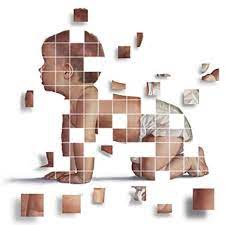on pubic health and medicine as an institution of social control, which addresses both pandemic public health measures and the new recommendations regarding the health risks of alcohol consumption. A sample:
The “war against disease” that Winslow proposed for tackling infectious diseases was then extended to combating chronic diseases like cancer, heart disease and stroke. This meant that public health expanded its scope of concern to encompass a broader range of “behaviour control interventions,” covering what we eat, how much daily exercise we do (or do not do), smoking, our sexual habits, our sleep habits, etc.
Taken to an excess, even something as laudable as “the science of disease prevention” can become morally problematic. This was something the sociologist Irving Zola (1935-94) was well aware of. In 1972, he published a very insightful article titled, “Medicine as an Institution of Social Control.”
Zola’s article in The Sociological Review ought to be required reading for everyone who works in public health and medicine today. Zola was concerned that medicine was becoming a major institution of social control, alongside religion and the law. He worried that many considered medicine as “the repository of truth, the place where absolute and often final judgments are made by supposedly morally neutral and objective experts.”
....Zola’s concerns can apply to many other areas of public health and medicine today. Just a few weeks ago, a report was published by the Canadian Centre on Substance Use and Addiction, which states that “even very small amounts of alcohol (more than two drinks a week) can be harmful to people’s health.” This is about as trite as saying, “Driving your car can be harmful to your health.” What we really want to know is how risky such behaviour is.
....By placing what is now considered low-risk levels of alcohol consumption into the highest-risk category, the report gives the impression that the risks of moderate or social drinking can be equated with those of alcoholism, or binge drinking, or drinking and driving, or drinking while pregnant. Rather than targeting those most at risk of the harms of drinking alcohol, these updated recommendations appear designed to try to persuade people not to tolerate any risks at all from alcohol consumption.
....Zola quipped that “living is injurious to health.” And this is certainly true. Public health and medicine must not only be compatible with individual autonomy, they must also recognize that, for many people, a “life worth living” is not equated with a life of “maximally optimal health choices.” When the sage dictum, “everything in moderation,” is replaced by the untenable dictum, “minimize every possible risk,” public health forgets that we also care about the quality, and not just quantity, of life.










